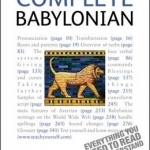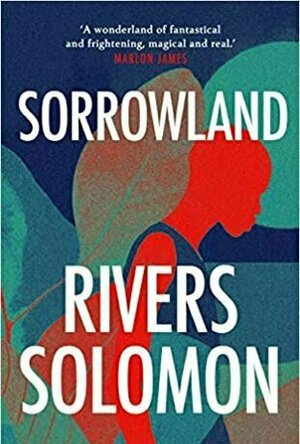
eBook Search Pro - eBooks for iBooks and more
Book and Catalogs
App
***** Over 1,000 5-star ratings If you’d like an almost endless supply of FREE books delivered...

Free Audiobooks HQ - 10,500+ Free Audio Books
Book and Entertainment
App
***** Over 1,390 5-star ratings Get over 10,500 free audiobooks, 77,500 old time radio dramas, and...

Global Teams: How the Best Teams Achieve High Performance
Book
Working for a matrix international organisation, with its ensuing diverse global teams, based in a...

Data Mining for Business Analytics: Concepts, Techniques, and Applications with XLMiner
Galit Shmueli, Nitin R. Patel and Peter C. Bruce
Book
Data Mining for Business Analytics: Concepts, Techniques, and Applications in XLMiner(R), Third...

Lonely Planet Oman, UAE & Arabian Peninsula
Lonely Planet, Stuart Butler, Anthony Ham and Jenny Walker
Book
Lonely Planet: The world's leading travel guide publisher Lonely Planet Oman, UAE & Arabian...

Bhagavad Gita Discourses
Podcast
The Song Celestial unfolds a dialogue of the advice given by an avatar or God incarnate. The...

Complete Babylonian Beginner to Intermediate Course: A Comprehensive Guide to Reading and Understanding Babylonian, with Original Texts
Book
Is this the right book for me? Do you want to engage with Babylonian culture and literature in the...

The Man Who Walked Through Walls
Marcel Ayme, Sophie Lewis and Yann Kebbi
Book
A collection of funny and fantastical short stories, Marcel Ayme's The Man Who Walked through Walls...
Melanie Caldicott (6 KP) rated Sorrowland in Books
Apr 29, 2021
Sorrowland is a genre-bending book which is like nothing I have ever read before and probably ever will again!
The story centres around Fern, an albino black teenage girl who gives birth to twins, Howling and Feral in the woods after escaping from a cult called Cainland. What follows is a mindboggling adventure surrounding her survival.
This is a coming of age story like no other – part sci-fi, part horror, part dystopian, part magical realism, this book defies genre. But amongst all the myriad of twists and turns this novel takes, what lies at the heart of it is a story about a girl who comes to understand her identity and rises above what has been spoken over her in her past.
During Fern’s journey of self-discovery the book examines themes such as racism, indoctrination, abuse and misogyny. There are many challenges in reading this book as we encounter a dystopian world that is disturbingly similar to our own exploring those who live on the fringe of society due to white domination. This not only includes Cainland, the cult set up by black people originally to challenge the white belief system, but also native American characters who quietly hold onto their truth in a far less bigoted and twisted way.
I love the big questions this book asks and the twisted paths it takes in asking them leading you into such unknown territories through the plot that you meet these issues head on in such different ways that you confront them anew and reexamine how you really feel about them and the impact that they have on our world.
Sorrowland is compelling and, although this would never be a genre I would normally read, I enjoyed the enigmatic nature of the evolving fantastical storyline and the constant surprises Rivers Solomon weaves into the plot. It is extremely well-written, with powerful characterisation, rich with poetic descriptions and intelligent themes.
However, the aims of the book seem to get a little muddled at times and I became confused about what Solomon wanted me to get out of the book. The story becomes so fast-paced and dense at times that this prevented me from taking a step back and truly immersing myself in the deeper themes of the novel.
This is a hard book to review. As I said, not something I would normally read, but the quality of the writing won me over. That said, I did not come away from the book feeling a sense of enjoyment, but instead, unsettled and disturbed by encountering a story of brutality with wild, savage characters and a frightening world where nothing is as it seems.
I would recommend this book – purely because you will be changed by it and this is one of the most powerful gifts of literature – but it is not a comfortable read and would not suit everyone.
Thanks to the publishers and NetGalley for the ARe-copy in exchange for this honest review.

JW Companion
Productivity and Business
App
JW Companion is the most capable application on iOS device for Jehovah's Witnesses. Books, Magazine,...
